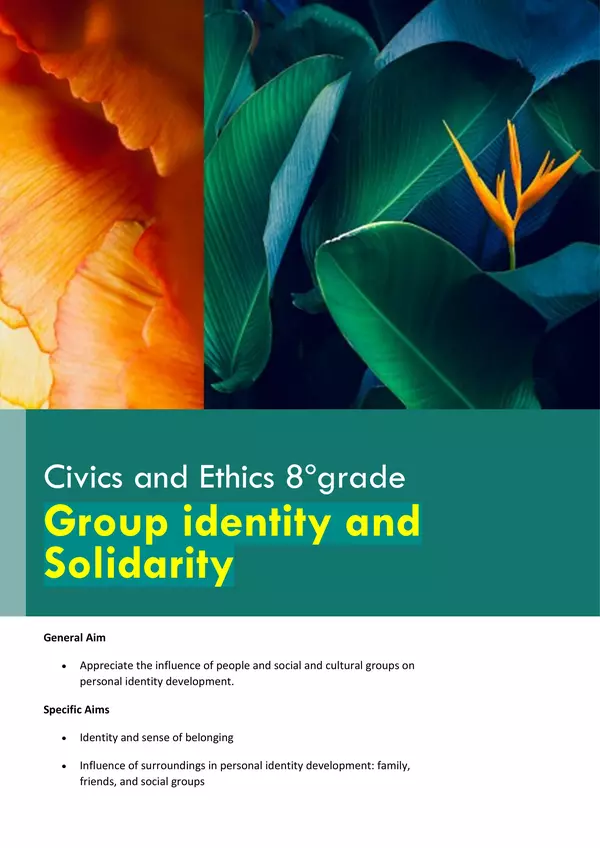
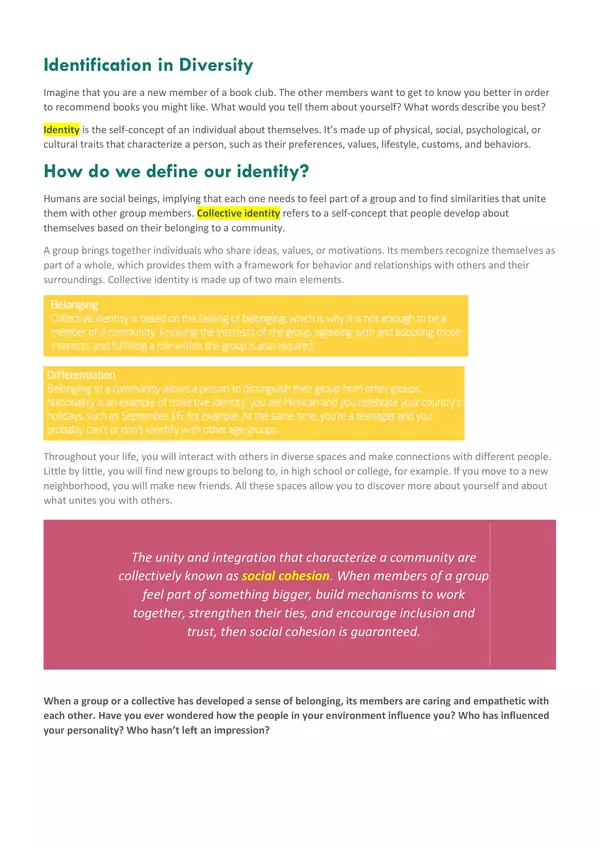
| Downloads count | 1 |
| Resource type | Lesson |
| Recommended age | 12 - 15 years |
| File information | pdf, 4 pages, 373 KB |


| Downloads count | 1 |
| Resource type | Lesson |
| Recommended age | 12 - 15 years |
| File information | pdf, 4 pages, 373 KB |
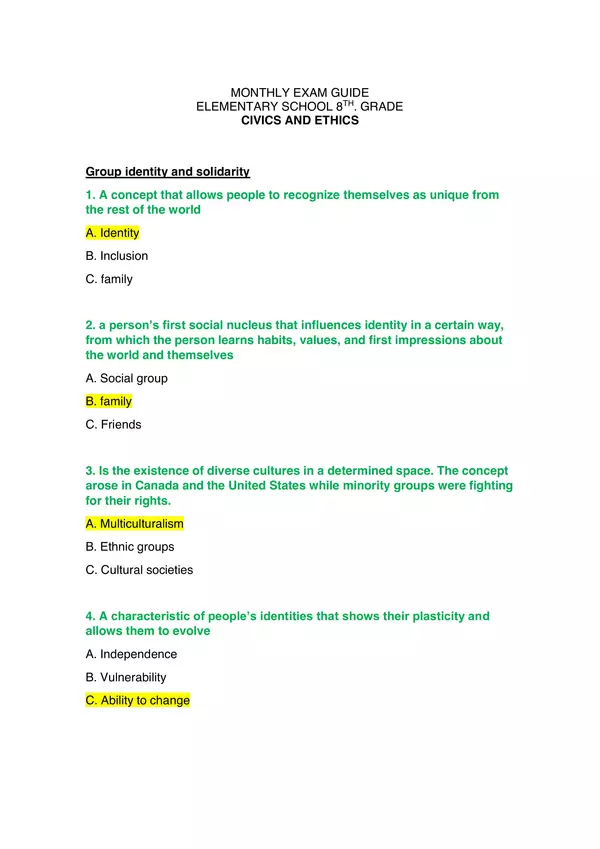
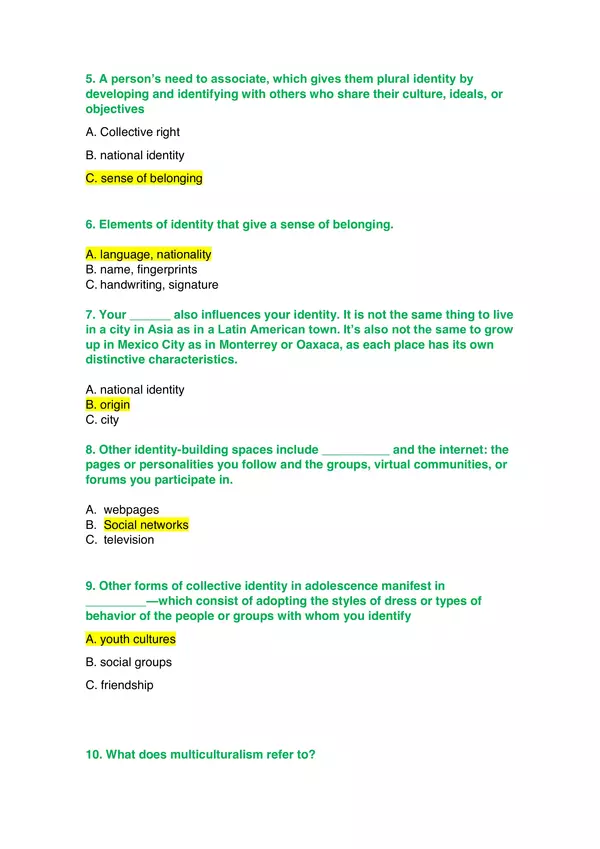
| Downloads count | 11 |
| Resource type | Lesson |
| Recommended age | 12 - 15 years |
| File information | docx, 4 pages, 24.1 KB |
| Comments count | 2 |
@aldo Claro, es un texto completo. Lo subiré el día de hoy, junto con más recursos. Gracias por tu interés!
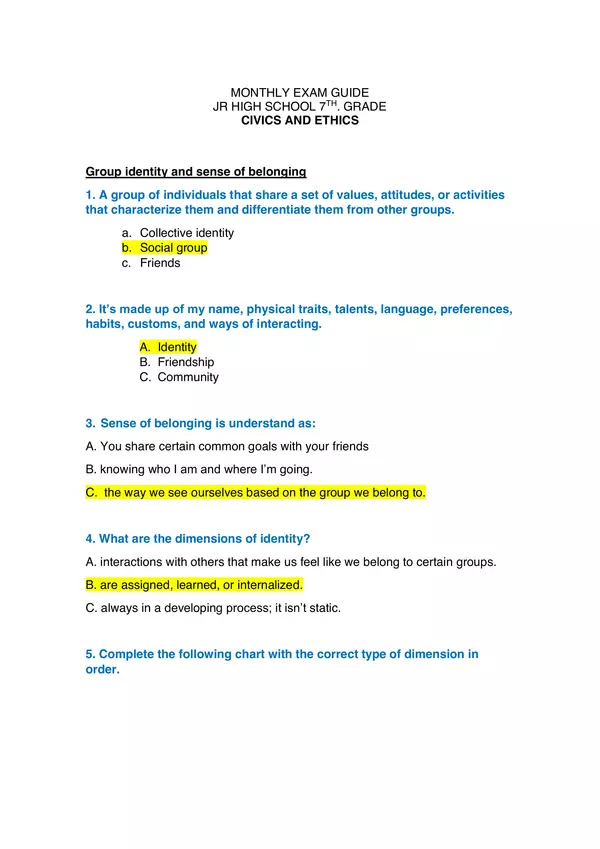
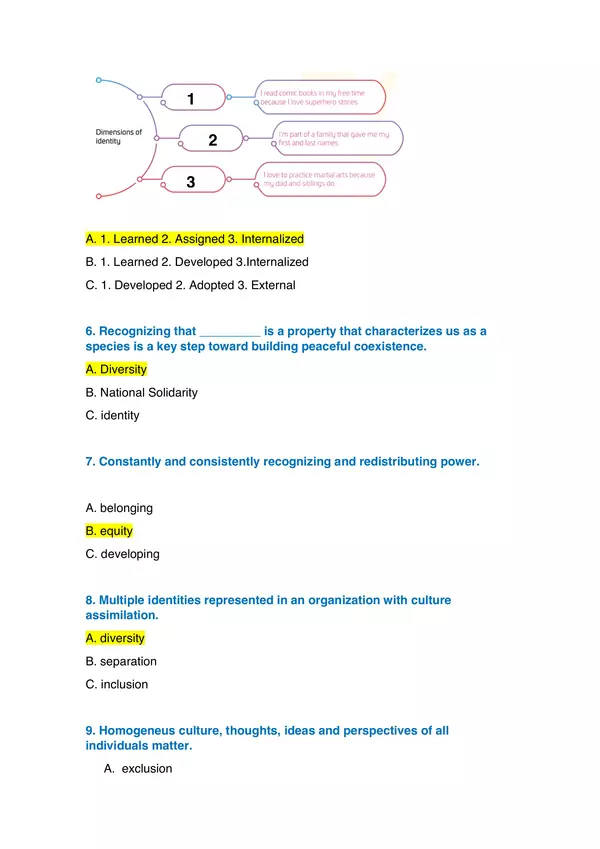
| Resource type | Activity |
| Recommended age | 12 - 13 years |
| File information | docx, 4 pages, 85.5 KB |
There are no comments yet, write one yourself!
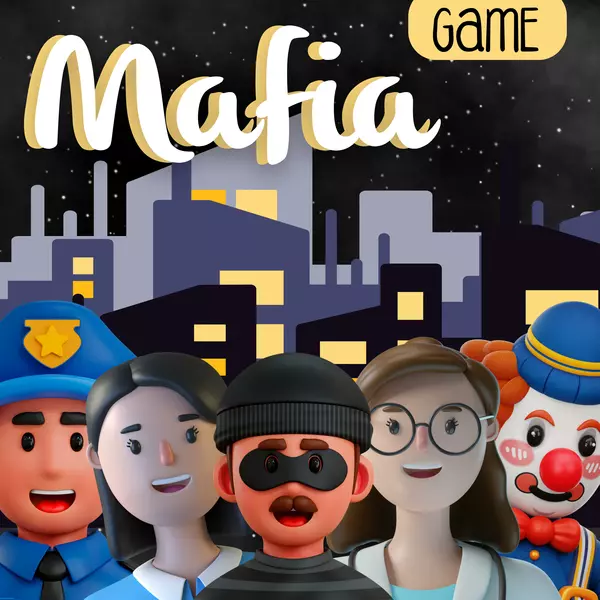
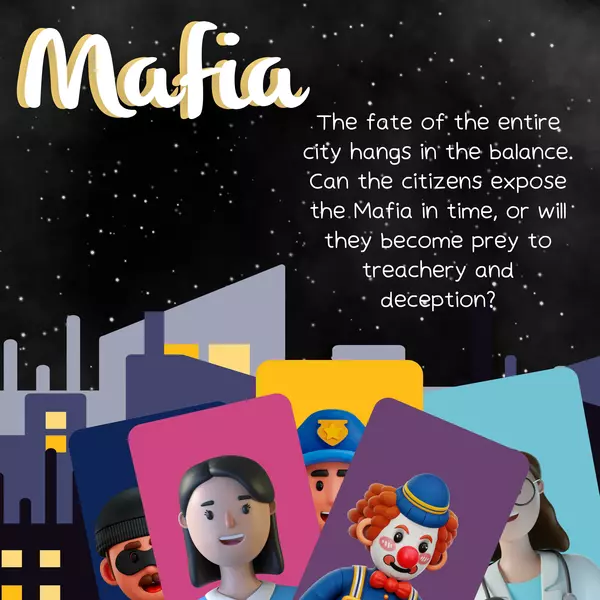
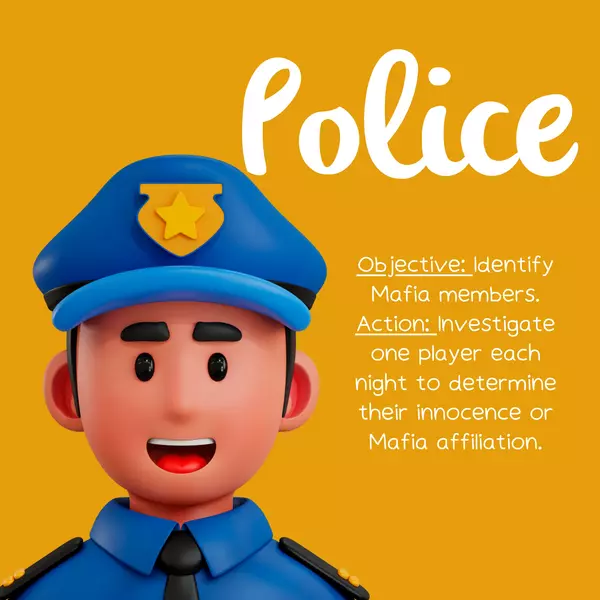
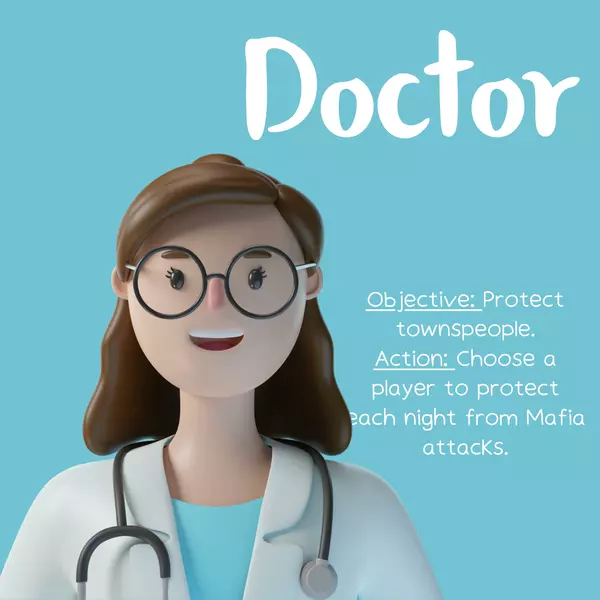
| Downloads count | 8 |
| Resource type | Activity |
| Recommended age | 11 - 18 years |
| File information | pdf, 8 pages, 16.1 MB |
There are no comments yet, write one yourself!
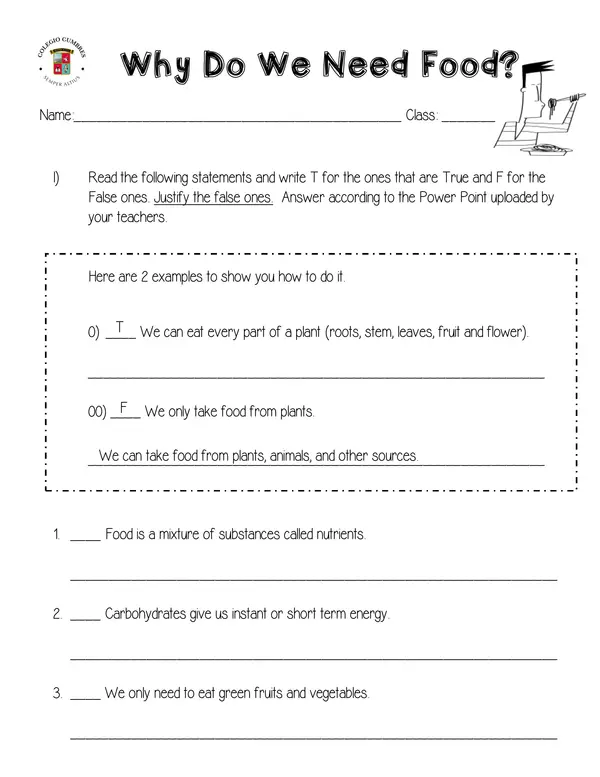
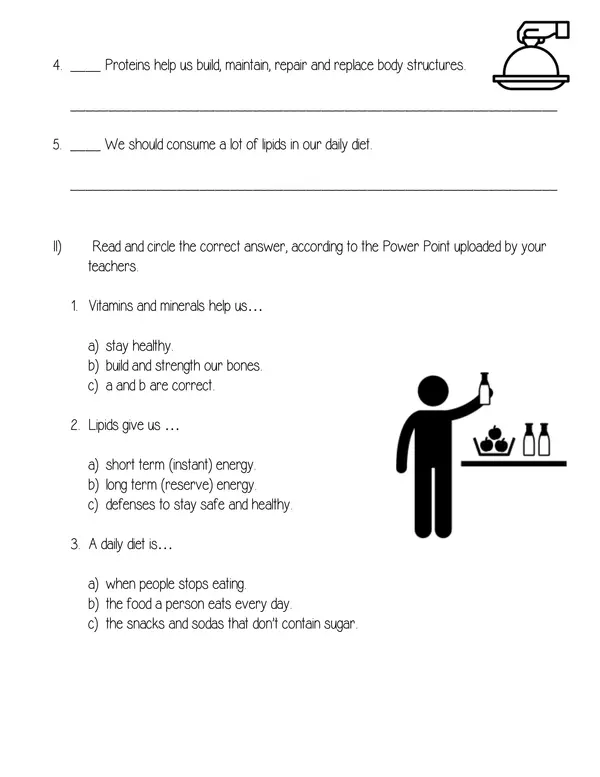
| Resource type | Assessment |
| Recommended age | 8 - 11 years |
| File information | pdf, 3 pages, 194 KB |
There are no comments yet, write one yourself!
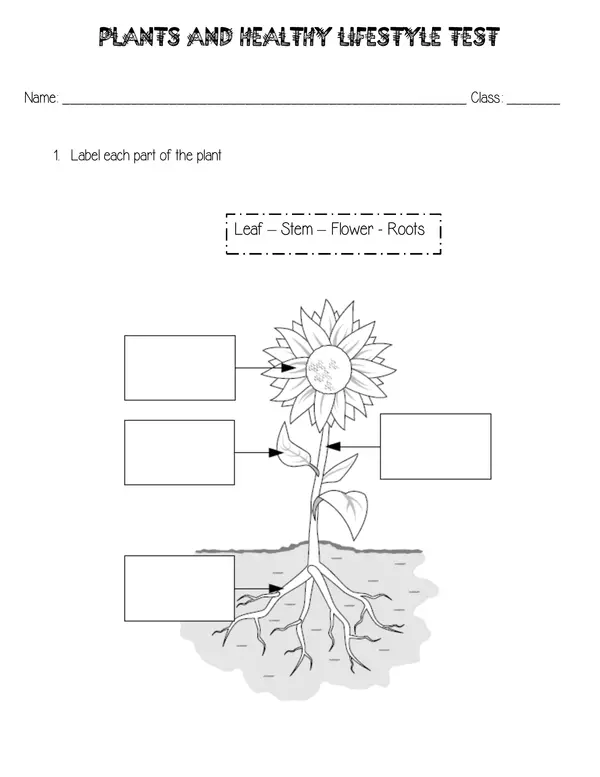
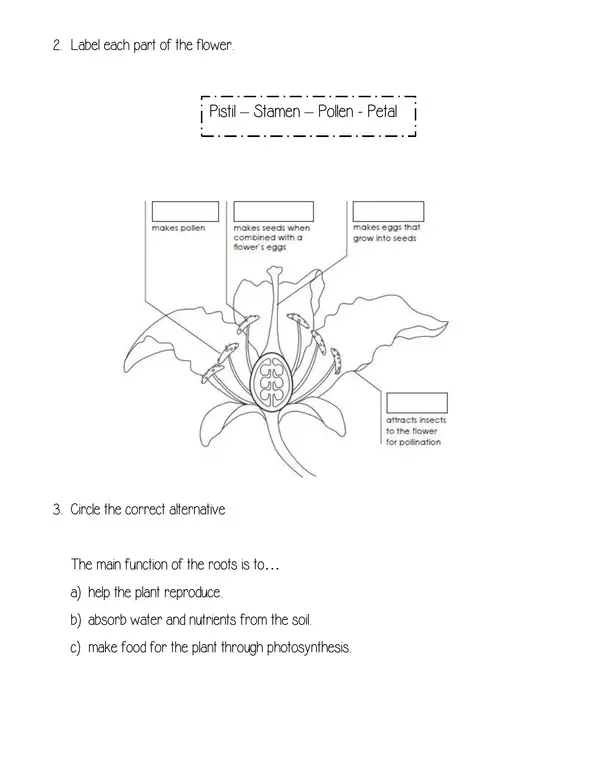
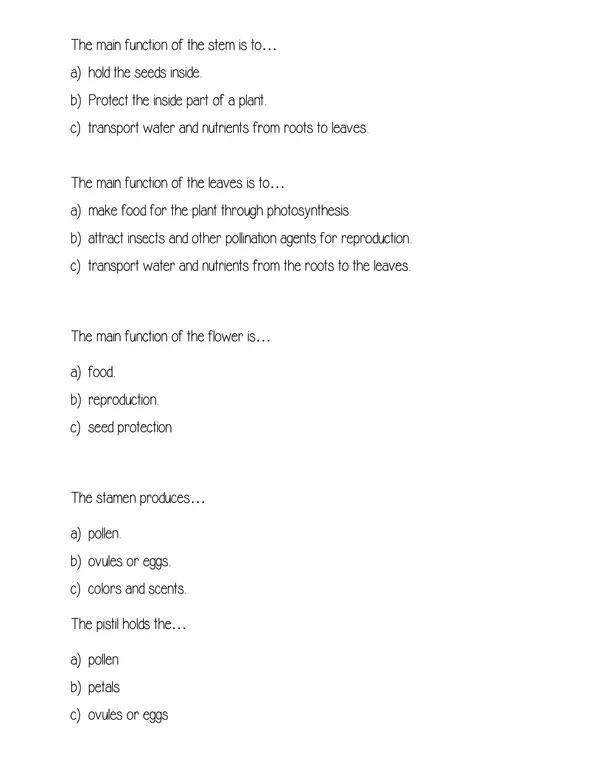
| Resource type | Assessment |
| Recommended age | 8 - 10 years |
| File information | pdf, 6 pages, 249 KB |
There are no comments yet, write one yourself!
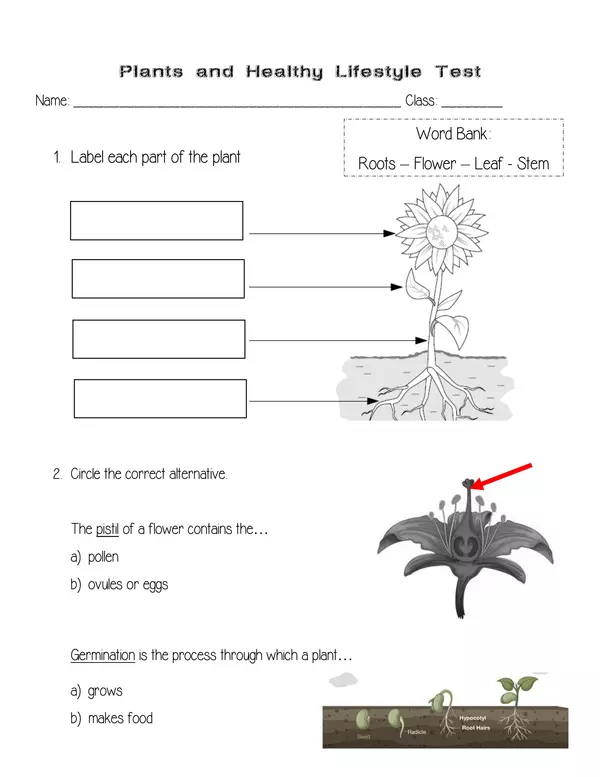
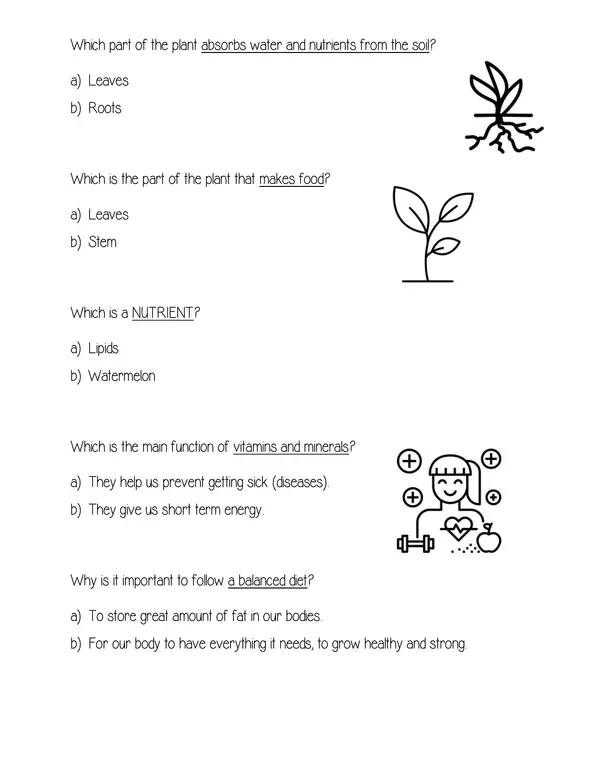
| Resource type | Assessment |
| Recommended age | 8 - 10 years |
| File information | pdf, 4 pages, 294 KB |
There are no comments yet, write one yourself!
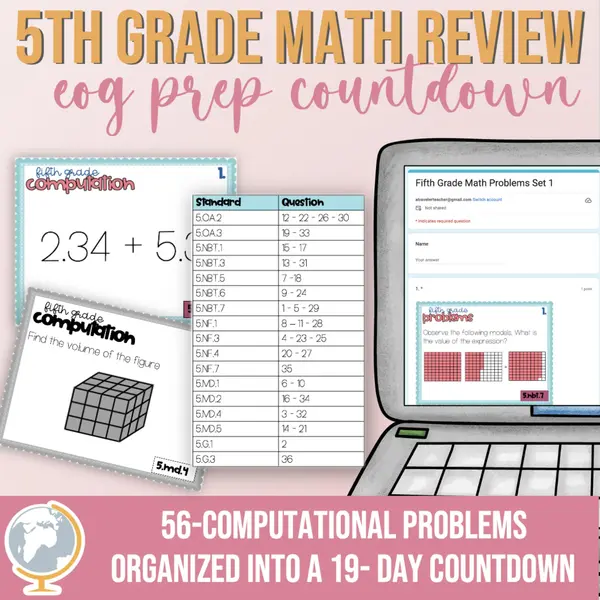
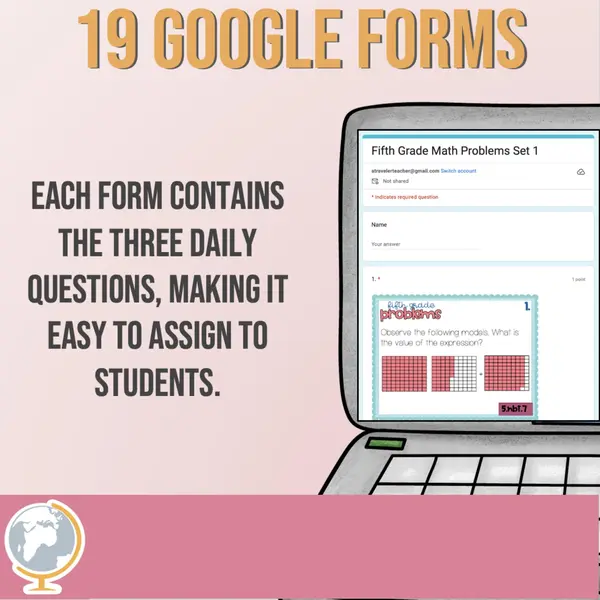
| Resource type | Activity |
| Recommended age | 9 - 13 years |
| File information | Private link to docs.google.com |
There are no comments yet, write one yourself!
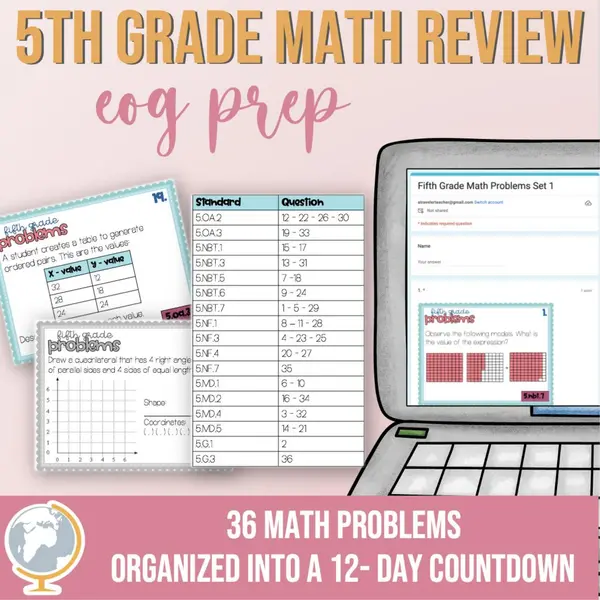
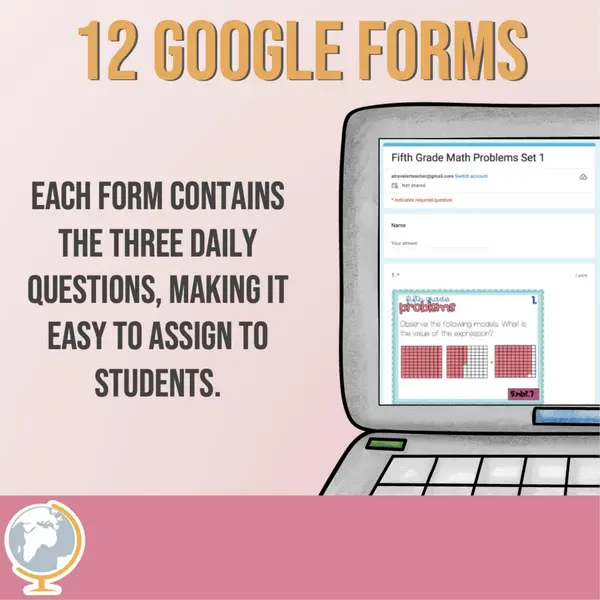
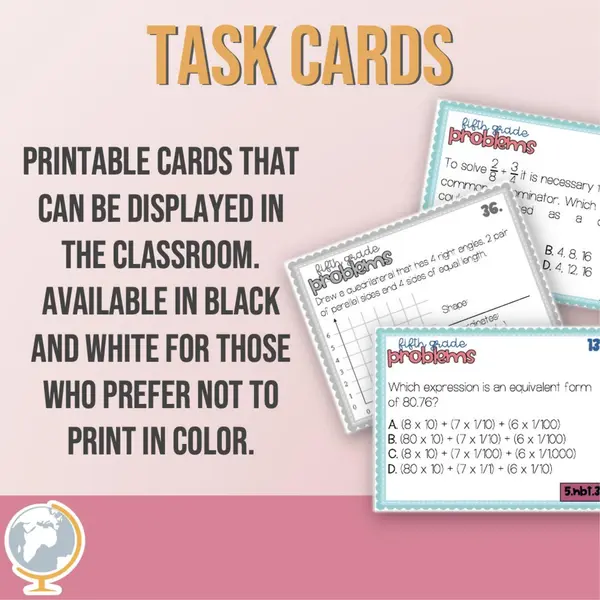
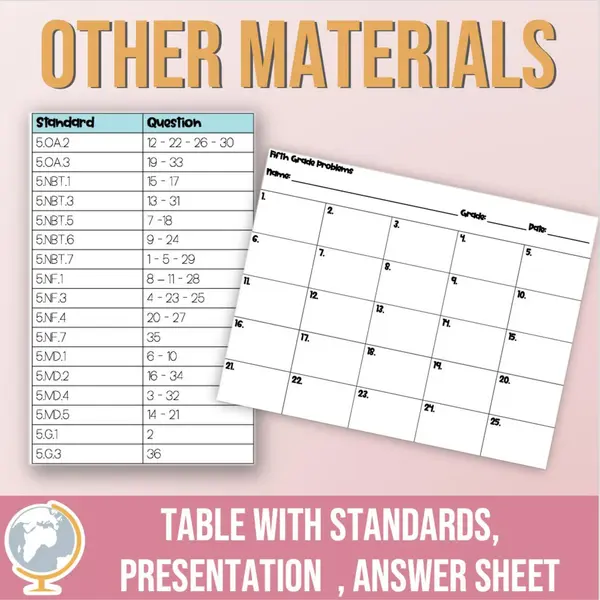
| Resource type | Activity |
| Recommended age | 9 - 13 years |
| File information | Private link to docs.google.com |
There are no comments yet, write one yourself!
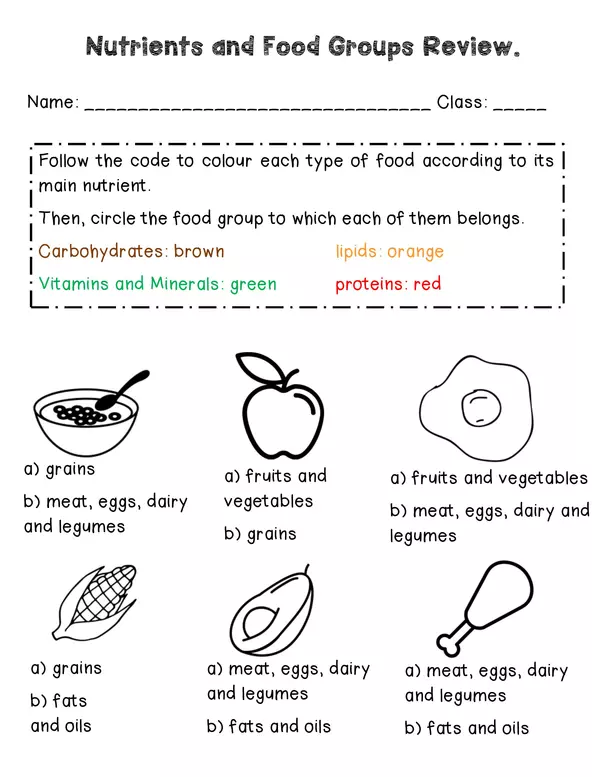
| Downloads count | 1 |
| Resource type | Worksheet |
| Recommended age | 8 - 10 years |
| File information | pdf, 2 pages, 270 KB |
There are no comments yet, write one yourself!
There are no comments yet, write one yourself!